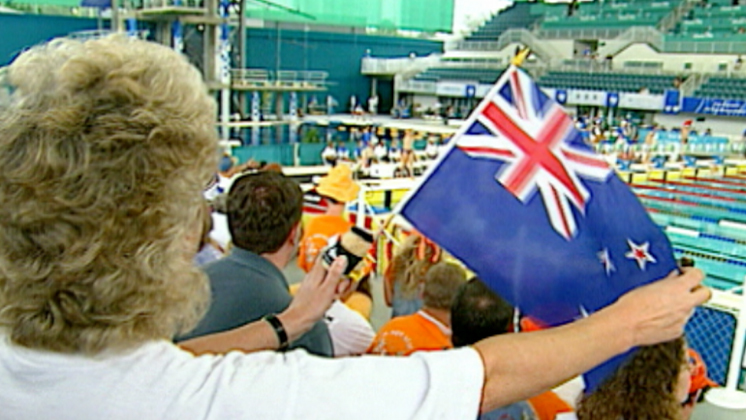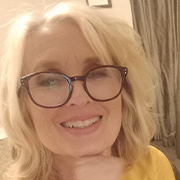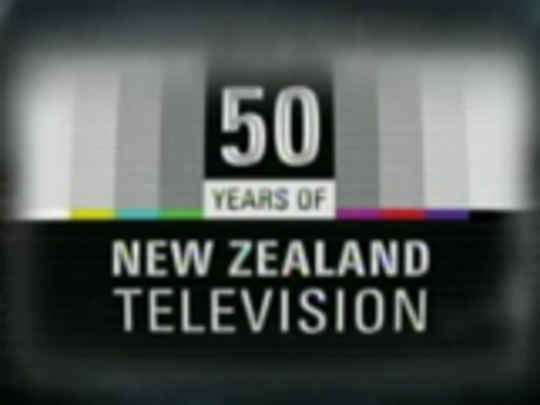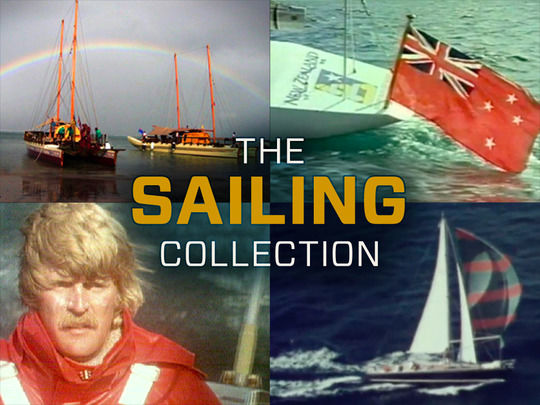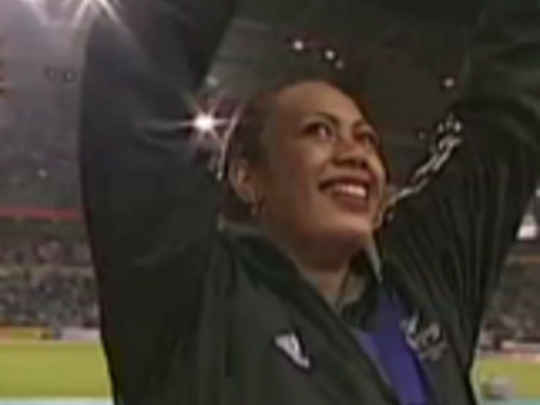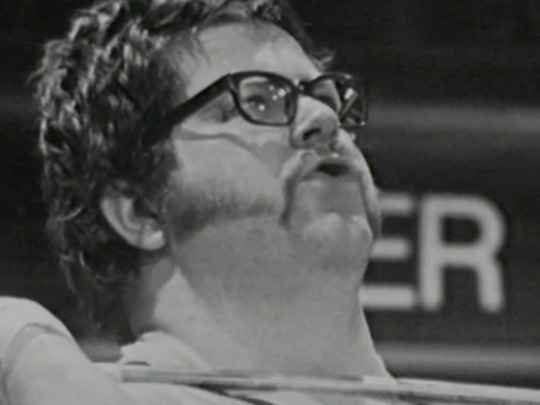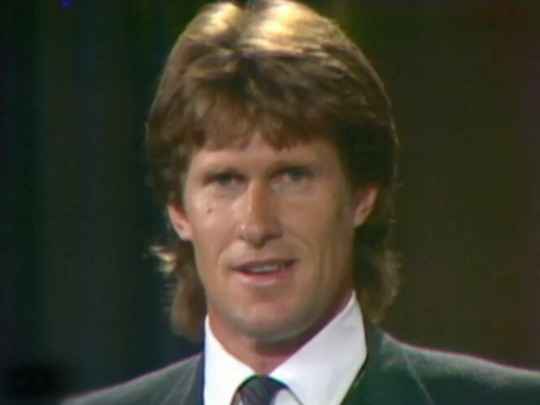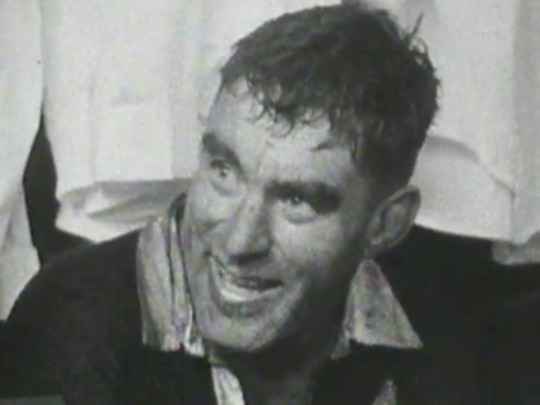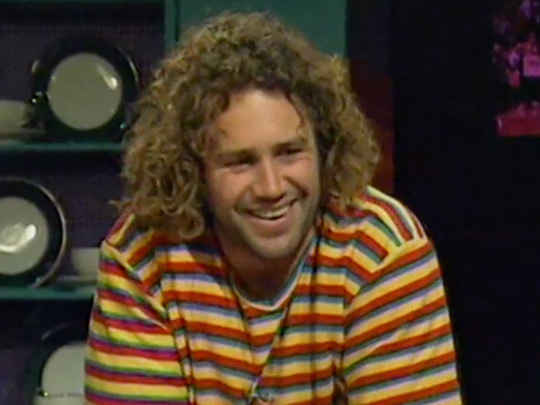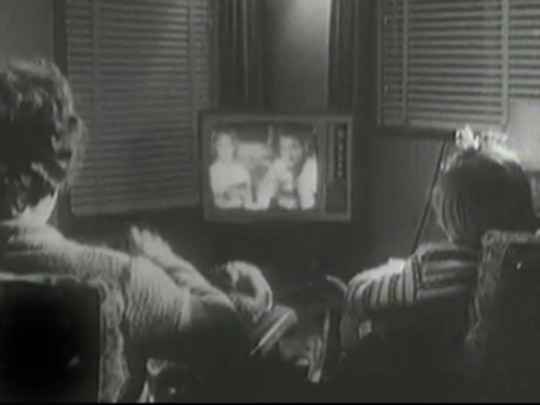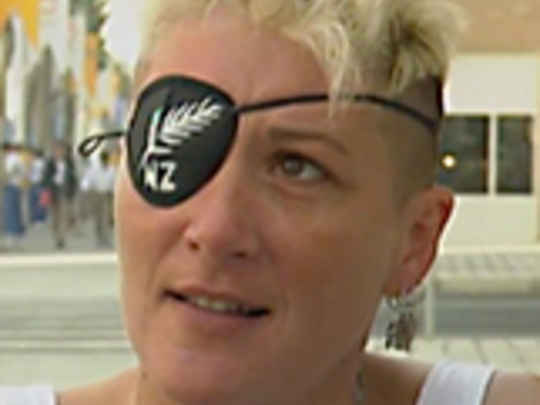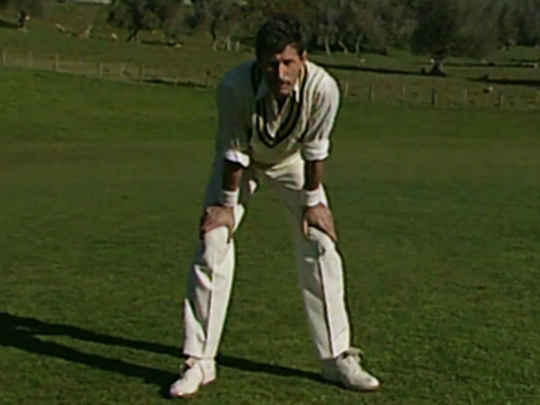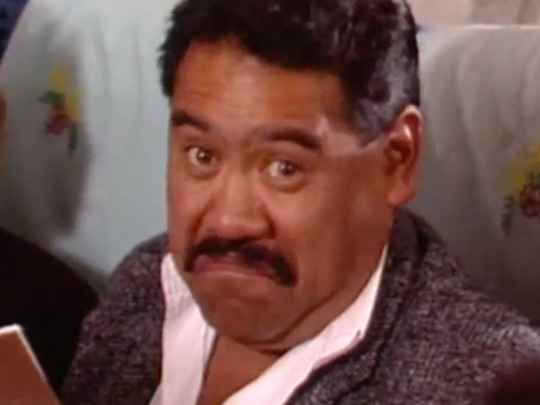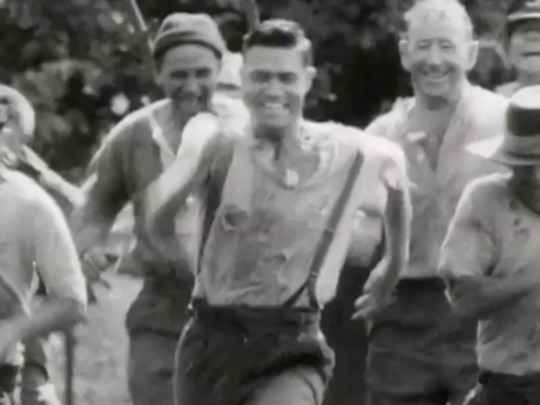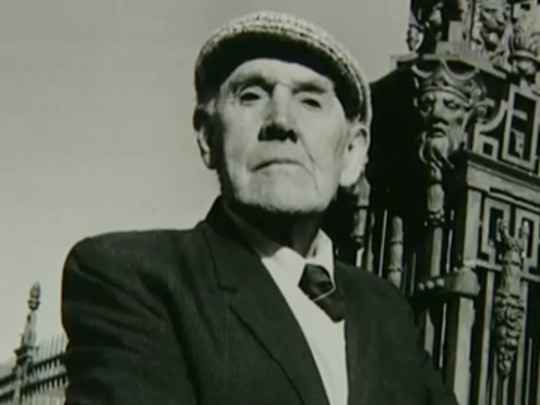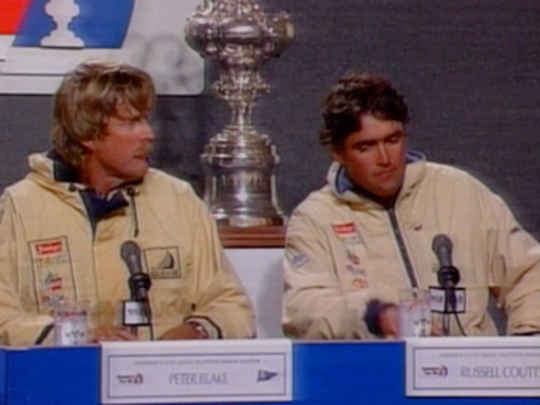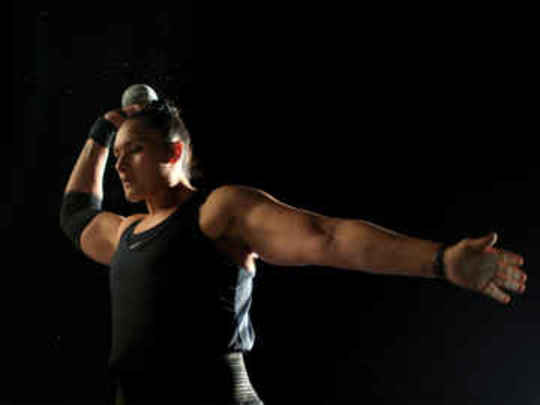50 Years of New Zealand Television: 4 - Winners and Losers
Television (Full Length Episode) – 2010
Reflections from the Executive Producer
New Zealand screen history seems to haunt my working life. For the past three years I’ve worked part-time as NZ On Screen’s Content Director: a wonderful job, and one where you constantly get to remember, engage with, and celebrate our screen heritage.
As a young trainee director in the 80s, I had a very minor gig on the 25 Years of Television special made at Avalon. When I was running the internal production unit at TVNZ 15 years later, I was the Executive Producer of ONE Turns 40 (the TVNZ channels had such separate identities by then we had to celebrate the two separately).
So, towards the end of 2009, when Nigel Snowden of Cream Media asked me if I would like to executive produce their seven-part documentary series 50 Years of New Zealand Television, it seemed only fitting that I say yes.
The topic was a huge attraction — another chance to showcase our television history in all its flawed glory. But I also liked the idea of working with producer/director John Bates, the man responsible for some of my favourite NZ documentaries (Sense of Place, 1951, Gang Girls).
Of course, the story of the 50 Years series began quite some time before I came on board the project. Nigel Snowden was very keen to see a proper in-depth documentary series get made to mark 50 years of television in New Zealand — a thorough look at our TV history, how it has impacted on our social history, and vice versa.
He pitched the idea to TVNZ — the place many would have thought was the project’s natural home — and they turned it down. They wanted to do an entertainment special to mark their 50th birthday. Fair enough I suppose, in these commercial times.
To his credit, Nigel was not deterred. He pitched the series to Prime, who eventually said yes to a seven part series of one-hour programmes. Nigel and the Prime programming team then had to convince funders NZ On Air to come on board. Prime hadn’t really done much in the way of major in-depth local documentary series at that time, and actually neither had Cream. So there was some convincing to do — I think that’s about when my name started getting into the mix as a freelance Executive Producer who could keep things on track and make sure we got the balance between quality and watchability right.
To their great credit, NZ On Air did fund the series, I came on board as EP, and off John Bates and his very able associate producer (and wife) Karen Bates went. It was a massive undertaking for them — they shot around 200 interviews with relevant television industry folk, and the archive footage research that Karen undertook was extraordinary. She is the unsung hero of the project.
As always, John did a brilliant job as producer/director. The series looked great, and told the stories in a way that was both thorough and intelligent, but also entertaining and highly watchable.
I did that strange EP dance between the funders, the production company, the producer and the network. We had various discussions about being too pointy-headed versus being too fluffy and ‘clip show’ in style. We talked about not getting too industry, too “in”, about keeping the programmes right for ordinary TV viewers, not industry people. The conversations were always amicable, but sometimes tense, as it was a tricky balance: big documentary series for commercial networks always are.
After months of hard work from John and Karen and their production team and crew, and with good support from Prime programmer Kathy Wright, we eventually had a high quality seven-part series. We ended up making the first episode — the general overview of NZ TV history — 90 minutes long in the end. The other six episodes were all 60 minutes and covered different themes such as TV sport, entertainment, drama, and Māori programming.
At a couple of moments I thought we might have erred on the side of doing too-serious a treatment for the general audience, but TVNZ sorted that doubt for me when their entertainment special on the 50 years screened, and was really light and fluffy. Too light and fluffy. It received a critical mauling, and strangely acted like an inadvertent promo for our series. When people said “we thought there’d be a proper doco series”, we were able to say — “well here it is.”
So the series got good viewing numbers, and excellent reviews and viewer feedback. And now the series gets another life on NZ On Screen, for even more people to watch and enjoy. The first episode is subtitled “From One Channel to a Hundred” because it tells the story of New Zealand television’s evolution from one network that everyone watched (the campfire) to the multi-channel broadcasting landscape of today.
Thanks very much to everyone interviewed in the documentary — what a story you tell.
I’m even briefly interviewed in it myself — and I like it that the short quote John ended up using of me is the one where I say that local programmes will always get made, because local audiences will always want them.
Long may that be true.
- Irene Gardiner was Content Director at NZ On Screen for seven years. Her CV includes time as TVNZ's Head of Internal Production, and Head of Commissioning. She continues to work as an executive producer.
